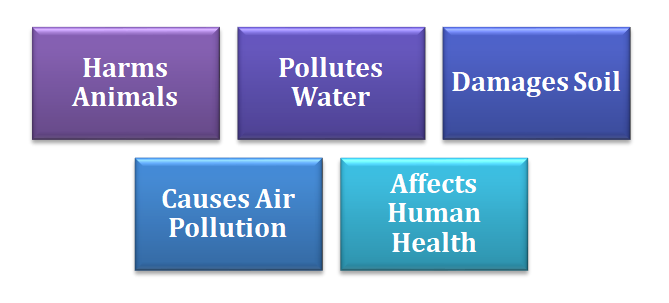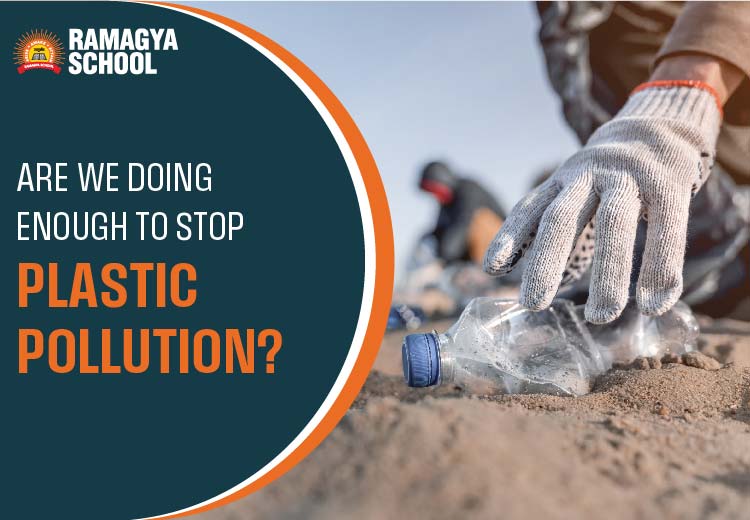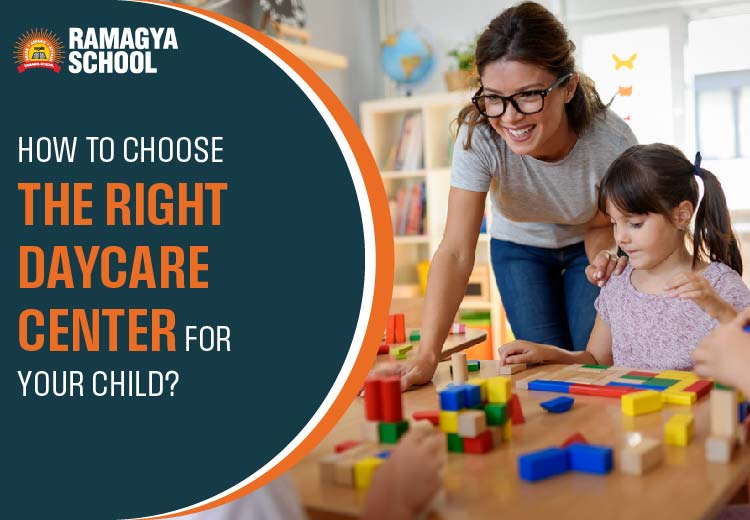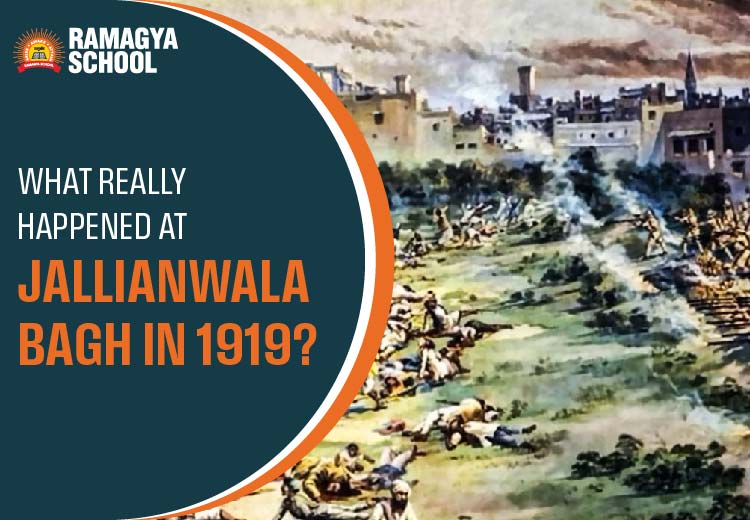Plastic pollution is a big problem in the world today. No matter where we go, we see plastic—on the streets, in rivers, and even in the ocean. It is harming animals, making our surroundings dirty, and takes hundreds of years to break down. Many people and organizations are working hard to reduce plastic use, but are we really doing enough?
What is Plastic Pollution?
Plastic pollution happens when plastic waste builds up in nature and harms the environment. We use plastic in so many things—bags, bottles, food wrappers, toys, and even clothes. The problem is that plastic doesn’t break down easily. Instead, it stays in landfills, rivers, and oceans for years. That’s why we must learn how to reduce plastic waste before it becomes too late.
Effects of Plastic Pollution
Plastic waste is not just ugly to look at—it is also very harmful. Let’s see what are the effects of plastic pollution:

- Harms Animals – Many birds, sea creatures, and other animals eat plastic by mistake. This makes them sick or even kills them.
- Pollutes Water – Plastic clogs rivers and oceans, making the water dirty and unsafe to drink.
- Damages Soil – When plastic is thrown in open areas, it mixes with the soil and harms plant growth.
- Causes Air Pollution – Burning plastic releases harmful gases into the air, which can cause breathing problems.
- Affects Human Health – Tiny plastic particles enter our food and water, leading to serious health problems.
How to Reduce Plastic Pollution?
We all need to take steps to stop plastic pollution and create a plastic free environment. Here are some simple ways we can help:
- Use Reusable Bags and Bottles – Instead of plastic, use cloth bags and metal or glass bottles.
- Say No to Plastic Straws and Cutlery – Try using bamboo straws and wooden spoons and forks.
- Recycle Plastic Waste – Instead of throwing plastic away, recycle it to make new products.
- Avoid Single-Use Plastics – Items like plastic cups, plates, and food wrappers are used once and then thrown away. Choosing reusable items can make a big difference.
- Spread Awareness – Talk to your friends and family about how to reduce plastic pollution and encourage them to make small changes.
Teaching Kids About a Plastic Free Environment
Children are the future, and it’s important to teach them about reducing plastic from an early age. Schools play a big role in helping kids understand why plastic is harmful and how they can help the planet.
Ramagya School, Noida Extension, the first Net Zero Energy School, is leading this movement. It is a place where students learn in a creative and inspiring way. Here, children are taught about sustainability and how small changes can make a big difference. They learn to avoid plastic, recycle waste, and take part in activities that help the environment. This helps them grow up with strong values and a deep sense of responsibility towards nature.
Are We Doing Enough?
Governments and organizations around the world are trying to fight plastic pollution. Some countries have banned plastic bags, and many businesses have started using eco-friendly packaging. But despite these efforts, plastic waste is still a growing problem. Many people still use plastic daily without thinking about its harmful effects.
Stronger rules are needed to stop plastic waste, and companies should switch to eco-friendly materials. At the same time, every person must make an effort to use less plastic in their daily lives. Small changes, like carrying a cloth bag or refusing plastic straws, can add up and make a big impact.
The Need for a Plastic Free Environment
If we don’t act now, plastic pollution will continue to harm our planet. We must all work together to create a world where nature can thrive. Governments need to enforce strict rules, businesses should adopt eco-friendly practices, and individuals should take responsibility for their actions.
Ramagya School, Noida Extension, is setting an excellent example by teaching students about sustainability and encouraging them to take action. More schools, offices, and communities should follow this path to create a cleaner and healthier future for everyone.
Conclusion
Plastic pollution is a serious problem, but it can be solved. By making small changes in our daily habits, we can reduce plastic waste and protect the environment. Learning how to reduce plastic pollution is important for everyone, and schools like Ramagya School, Noida Extension, are helping students understand their role in building a better world.
Now is the time to take action. If we work together, we can create a plastic-free world and save our planet for future generations. The change starts with us!




